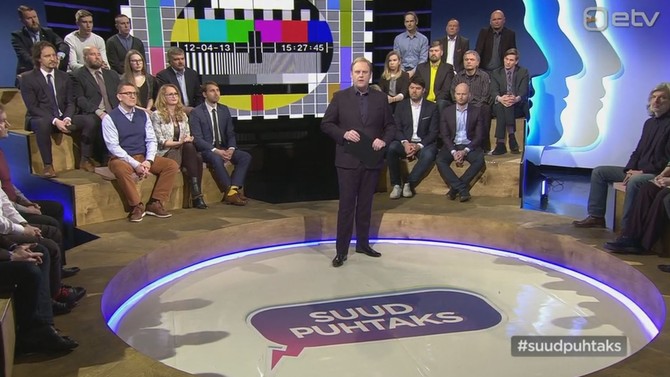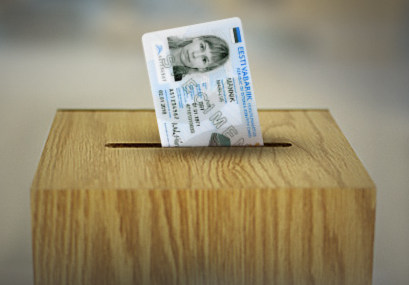
Is the cyber security in Estonia ensured? Why the government wants to change the period of i-voting and what signal with that we send to the world? Talk show host Urmas Vaino helps to set things straight.
Debating:
Indrek Saar, Minister of Culture, Social Democratic Party
Jaanus Karilaid, Member of Parliament, Center Party
Priidu Pärna, Member of Tallinn City Council, Pro Patria and Res Publica Union
Anto Veldre, RIA analytic
Kristjan Vassil, UT senior researcher
Märt Põder, organizer of journalism hackathon
Arti Zirk, TUT IT faculty student
Tarvi Martens, Electoral Committee, Head of Internet Voting
Kristen Michal, Member of Parliament, Reform Party
Mihkel Slovak, UT senior researcher
Henrik Roonemaa, Geenius.ee editor
Erki Savisaar, Member of Parliament, Center Party
Andres Kutt, RIA, IT architect
Sven Heiberg, Cybernetica AS, Project Manager of Internet Voting System
Jaak Madison, Member of Parliament, Conservative People’s Party
Jaanus Ojangu, Chairman of Free Party
Agu Kivimägi, Stallion cyber security consultant
Jaan Priisalu, TUT researcher
Silver Meikar, Adviser to Minister of Culture
Kalev Pihl, SK ID Solutions, Board Member
Oskar Gross, Head of Cyber Crime Unit of Central Criminal Police
Klaid Mägi, RIA, Head of the department for handling incidents (CERT-EE)
Heiki Kübbar, Founder of ICEfire OÜ
Birgy Lorenz, Board Member of Network of Estonian Teachers of Informatics and Computer Science
Andres Kahar, KAPO Bureau Manager
Sven Sakkov, Director of NATO Cooperative Cyber Defence Centre
Heiki Pikker, TUT Cyber Security MSc student
Links:
http://www.err.ee/587007/suud-puhtaks-kui-turvalised-on-e-valimised
http://etv.err.ee/v/paevakajasaated/suud_puhtaks/saated/8d5babc5-cc33-4ed5-9bc0-927d4293ee21/suud-puhtaks
http://news.err.ee/310788/center-party-wants-to-shorten-e-voting-period


